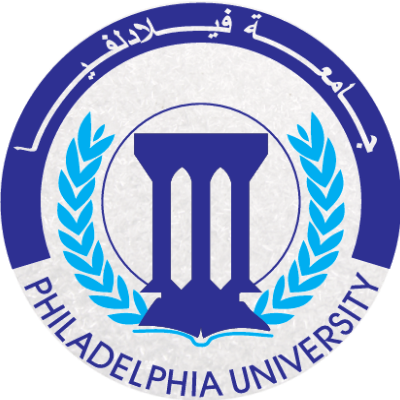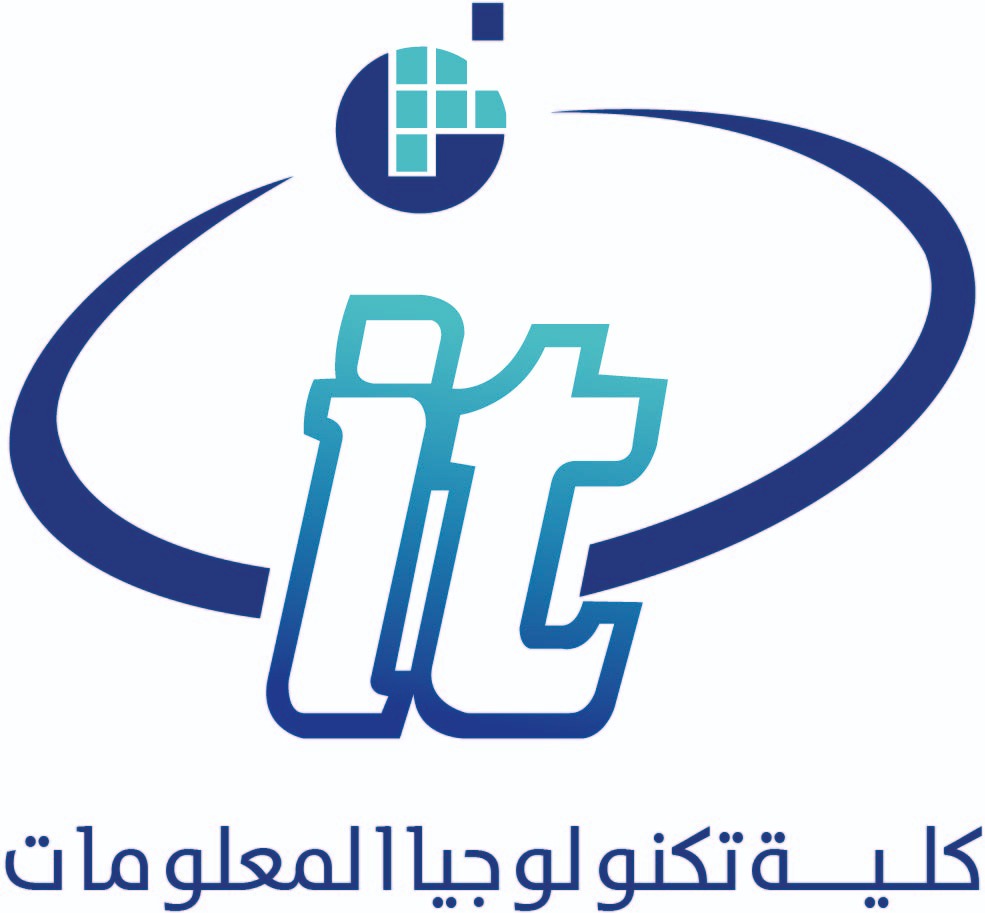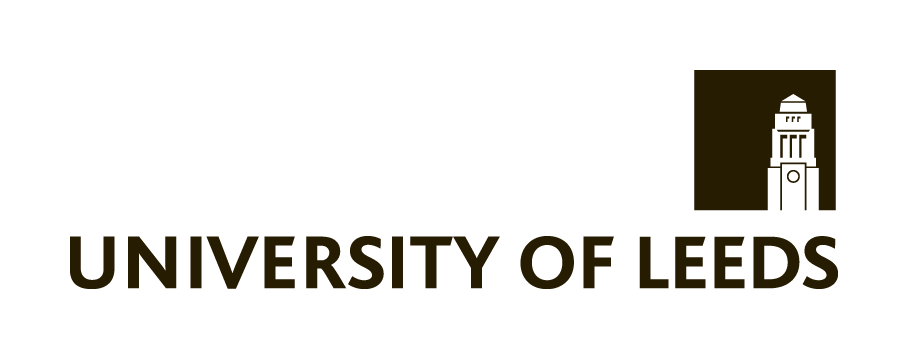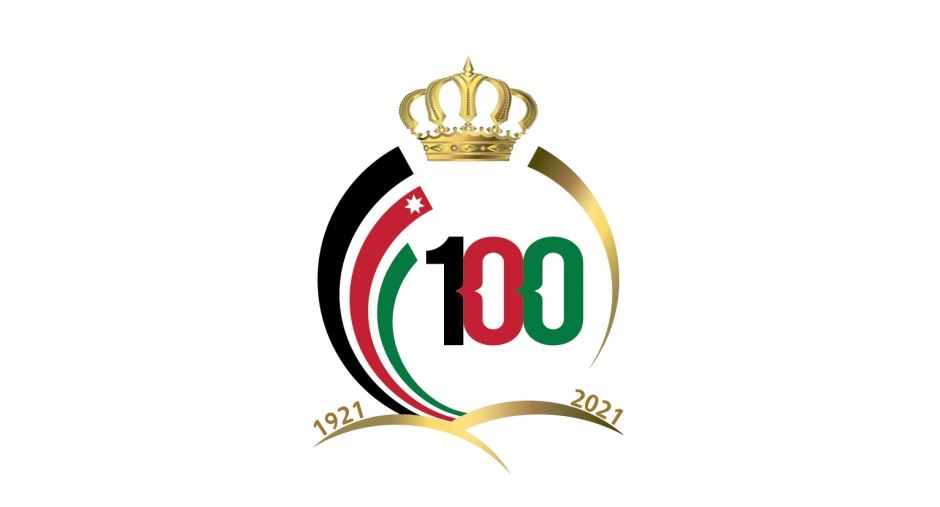Scope
Information Technology continues to increase opportunities for strategic advantages and corporate efficiency. Emerging Enterprise Technologies are profoundly changing the way we think - from economics and efficiency to process and usage models. Artificial Intelligence and Machine Learning are globally recognised as a key driver of digital transformation thanks to the rich lineup of applications these revolutionary technologies are offering.
The International Symposium on Innovation in Information and Communication Technology is a prime international forum for both researchers and industry practitioners to exchange the latest fundamental advances in the state of the art and practice of today's Information and Communication Technologies, as well as their evolution and their paradigm shifts.
The symposium is intended to serve as a hub to identify emerging research topics, and define the future of Information and Communication Technologies. The conviction that we need to adopt a multidisciplinary approach between ICT technical expertise and other areas such as economics has been the main leitmotif of ISIICT.
The technical programme of ISIICT 2021 will include a Research Track and a Short Paper Track. Theoretical and technical contributions addressing all areas related to systems, applications and innovations are solicited. Papers on Artificial Intelligence, the Internet of Everything, cloud and edge computing, Software Defined Infrastructures, Mobility and Big Data are particularly welcome. Special Sessions and tutorials on the challenges brought by these technologies will be organised. All submissions will be refereed by at least three members of the Programme Committee.
Symposium Areas
With a global market for infrastructures, platforms and software services, the need to understand and deal with its implications emerges. A multitude of new ICT challenges is quickly growing. Therefore, ISIICT encourages the submission of unpublished work on the following themes of interest (but not limited to):
- Theme 1: Artificial Intelligence and Machine Learning
- Theme 2: Edge, Fog and Cloud-based Systems
- Theme 3: IoT and Embedded Systems
- Theme 4: Big Data and Data Science
- Theme 5: Software Technologies
- Theme 6: Security
- Theme 7: Performance Engineering
- Theme 8: Mobile and Wireless Networks
- Theme 9: Bio-Inspired Computing
- Theme 10: Bio-Medical Computing
- Theme 11: Web Computing
- Theme 12: Natural Language Processing
Important Dates
- Submission of Papers: 25/06/2021 02/08/2021
- Notification of Acceptance: 15/08/2021 10/09/2021
- Final Submission (Camera Ready): 27/08/2021 17/09/2021
- Early Registration Deadline: 15/09/2021 25/09/2021
Paper Submission
All papers must be original and not submitted to another journal or conference. The following paper categories are welcome:
Papers
Original full papers and work-in-progress papers, describing recent theoretical and technical advances in relation to all areas related to systems, applications and innovations are solicited. Manuscripts will be reviewed based on technical merit, originality, and relevance. Submitted full papers should not exceed 12 pages, work-in-progress papers should not exceed 6 pages (including references and appendices).
Posters
Describing recent theoretical and technical advances in relation to all areas related to systems, applications and innovations are solicited. Posters can be submitted either with an extended abstract which should not exceed 2 pages, or with an accepted paper or paper-in-progress.
An electronic anonymous version (PDF or MS Word format) of the paper should be submitted using the following URL: https://easychair.org/conferences/?conf=isiict2021
The Conference proceedings will be published in prestigious book series of Springer "Communications in Computer and Information Science". We recommend the use of the manuscript template for Springer Conference Proceedings: https://www.springer.com/gp/computer-science/lncs/conference-proceedings-guidelines.
Special Sessions
ISIICT’2021 encourages the submission of proposals for special sessions. The objective is to encourage alternative forms of participation that can increase the opportunity to discuss technical topics in an atmosphere that fosters the active exchange of ideas.
The special sessions program seeks to provide venues for specialist groups to meet, to generate focused discussion on specific sub-areas within ICT, and to engage in community-building activities. Special sessions should provide a discussion forum for researchers in topics related to topics of the conference, either on specific research themes, or in emerging areas of research.
A special session proposal should describe briefly the following, preferably in this order:
- Objectives of the session.
- Importance of the session to ISIICT participants.
- Background of the session organiser as related to the session topic.
- Estimated number of papers to be presented.
- Structure and format of the session (e.g. ½ day) with a list of qualified reviewers.
Papers submitted under the umbrella of a special session will follow the usual ISIICT reviewing and publication processes. The contact for special session proposals is XYZ (name of Institution),
Symposium fee
The Symposium fee includes the registration, the symposium material (programme and proceeding), transportations to the venue,lunches, refreshments and coffee.
| Early Registration (Before 15 September 2021) | Late Registration | |
| Participant | 200 US$ | 300 US$ |
| Student | 140 US$ | 240 US$ |
Gala Dinner: 45 US$
Tutorials fee
The Tutorials fee includes the registration, the tutorials material, refreshments and coffee.
| Early Registration (Before 15 September 2021) | Late Registration | |
| Participant | 50 US$ | 60 US$ |
| Student | 25 US$ | 30 US$ |
Gala Dinner: 45 US$
Tutorials
ISIICT’2021 will be presenting three diverse and high quality program of tutorials. Postgraduate students and ICT industry professionals are particularly welcome. Please be advised that the titles and schedule are preliminary and more info and details per tutorial will follow:
Machine learning and Cognitive Systems for System Management. Tutorial chair: Prof. Masoud Mohammadian (University of Canberra, Australia)
Microservices. Tutorial chair: Prof. Hubert Baumeister (Technical University of Denmark)
Self-Adaptive Systems. Tutorial Chair: Prof. Karim Djemame (University of Leeds, UK)
Committees
General Chair
- Karim Djemame, University of Leeds, UK.
Conference Chairs
- Said Ghoul, Philadelphia University, Jordan.
- Masoud Mohammadian, University of Canberra, Australia.
- Jüri Vain, Tallinn University of Technology, Estonia.
Steering Committee
- Karim Djemame, University of Leeds, UK.
- Nameer El-Emam, Philadelphia University, Jordan.
- Gheith Abandah, the University of Jordan, Jordan.
- Mohamed Bettaz, Prague College, Prague, Czech Republic.
Programme Committee
- Samer Hanna, Philadelphia University, Jordan.
- Silvana De Gyves Avila, IBM, Mexico.
- Adam Belloum, The University of Amsterdam, The Netherlands.
- Maram Bani Younes, Philadelphia University, Jordan.
- Jose Angel Bañares, University of Zaragoza, Spain.
- Lorenzo Blasi, HP, Italy.
- Faiza Allah Bukhsh, University of Twente, The Netherlands.
- Giuliano Casale, Imperial College, UK.
- Ali Alawneh, Philadelphia University, Jordan.
- Patrizio Dazzi, CNR, Italy.
- Mohamed Erradi, ENSIAS, Morocco.
- Hanaa Hachimi, Ibn Tofail University, Morocco.
- Odej Kao, Technical University Berlin, Germany.
- Vasilios Kelefouras, University of Plymouth, UK.
- Alexander Kostopoulos, Athens University of Economics and Business, Greece.
- Richard Kavanagh, University of Leeds, UK.
- Okba Kazar, University of Biskra, Algeria.
- Nigel Thomas, University of Newcastle, UK.
- Mohammad Abdel-Majeed, University of Jordan, Jordan.
- Maria Blanca Caminero, Universidad Castilla La Mancha, Spain.
- Jorge Ejarque, Barcelona Supercomputing Center, Spain.
- Jordi Guitart, Universitat Politecnica de Catalunya, Spain.
- Mohd Helmy Abd Wahab, UTHM, Malaysia.
- Jihad ALJA'AM, Qatar University, Doha, Qatar.
- Kursat Cagiltay, METU, Turkey.
- Mourad Debbabi, Concordia University, Canada.
- Jean-Christophe Deprez, CETIC, Belgium.
- Sebti Foufou, New York University Abu Dhabi, United Arab Emirates.
- David Garcia Perez, Atos, Spain.
- Mario José Diván, National University of La Pampa, Argentina.
- Marc Koerner, UC Berkeley, USA.
- Ali Mili, New Jersey Institute of Technology, USA.
- William Selvamurthy, Amity Institute of Information Technology, Dubai, UAE.
- Nigel Thomas, University of Newcastle, UK.
- Aicha Mokhtari, USTHB, Algeria.
Organization Committee
Organzing Chair
- Amro Al-Said Ahmad, Philadelphia University, Jordan.
Coordination Chair
- Raneem Qaddoura, Philadelphia University, Jordan.
Publications Sub-Committee
- Eman AlNaji, Philadelphia University, Jordan.
- Mahmod Jrarwa, Philadelphia University, Jordan.
- Mohammed Thalji, Philadelphia University, Jordan.
Venue

The symposium will be held at Philadelphia University, winner of Al Hussein Fund Prize for Excellence in Information Technology, is a private accredited university situated at a beautiful site in the hills, 25 km outside Amman. It has 8 faculties: Information Technology, Science, Engineering and Technology, Pharmacy, Administrative and Financial Sciences, Law, Arts, and Nursing. The faculty of Information Technology is composed of three departments (Software Engineering, Computer Science, Web Engineering). The University provides an educational environment that keeps up with evolution of the technologies.
Contact Information
All questions about submissions should be emailed to Professor Karim Djemame, Symposium chair, K.Djemame@leeds.ac.uk
All questions about registration and other administrative issues should be emailed to the Symposium email, isiict2021@philadelphia.edu.jo
 |
 |
 |
 |
 |
 |